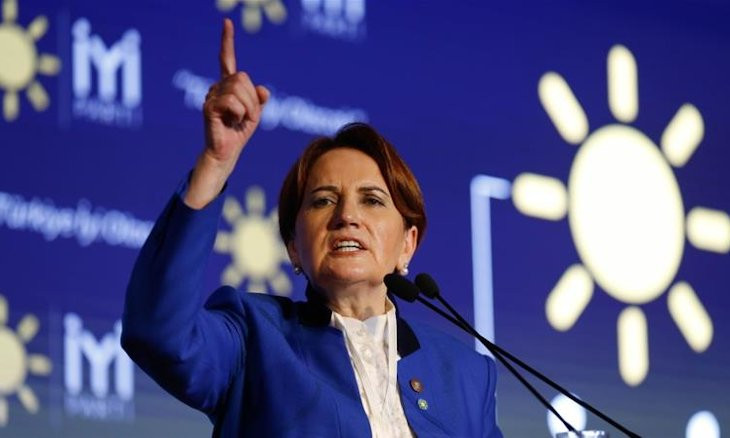April 20 will be the peak of the COVID-19 outbreak in Turkey, experts warn
Turkish experts warn that the spread of the coronavirus outbreak could peak mid-April, leading to the government to increase precautions against the virus. Imperial College London had predicted on April 7 that Turkey would be among the countries where the spread of the virus will be the most rapid.
Duvar English
Prof. Kayıhan Pala, a lecturer at Bursa Uludağ University said mid-April will be a critical time for the coronavirus outbreak in Turkey as the number of people who will die from it will peak.
“We predict that the outbreak will peak between April 20 and April 27. We expect to see a steep decline in the number of infected persons in the beginning of June,” Pala said.
Pala also noted that Imperial College London predicted on April 7 that Turkey would be among the countries where the spread of the virus will be the most rapid.
“They predicted somewhere between 1,000 to 5,000 deaths, which indicates the next two weeks will be rough,” Pala added.
The daily newspaper Türkiye also reported that experts expect to see the results of the two curfews Ankara imposed on citizens below the age of 20 and above the age of 65 after the end of April.
If the spread of the virus doesn’t slow down in Turkey’s cities despite all those precautions, each of these cities will enforce harsher isolation rules, Türkiye further stated.
“[The government] should interfere with anyone walking around without surgical masks, not adhering to social distancing or walking around in groups larger than two people,” the Vice President of the Health Sciences University, Prof. Kemalettin Aydın said.
According to the daily Hürriyet, the incubation period for the COVID-19 will be over on April 12. It also stated that if the spread of the virus doesn’t slow down, the government will turn to harsher restrictions.
Ankara was late to take action against the pandemic, Pala noted, adding that extensive testing was the most crucial element that was neglected by the Health Ministry.
“Even though they are increasing the number of laboratories that can test for COVID-19 now, we still haven’t reached 30,000 tests daily, three months after the appearance of the pandemic.”
The lack of laboratories delayed the diagnoses of many infected persons, Pala noted.
“This is this perception that healthcare consist solely of treatment and hospitals, and the Health Ministry directed its efforts against the virus on hospitals only. Yet hospitals can only treat those who are ill and diagnosed.”
‘You beat a pandemic on the field’
Pala said that the ruling Justice and Development Party (AKP) got rid of community health centers while transitioning to a family practitioners’ system. This, the professor argued, disassociated healthcare from the geographical distribution of citizens.
“The problem with that system is that during the pandemic, it makes it harder to determine who an infected person could have come in contact with.”
 Opposition leader urges coronavirus commission to quit if their suggestions are not followed by Turkish gov't
Opposition leader urges coronavirus commission to quit if their suggestions are not followed by Turkish gov'tProf. Kayıhan Pala said the Turkish government’s policies neglected public health, adding that countries like Germany, South Korea and Singapore were successful in their fight against the virus because they focused on the spread of the virus from individual patients.
“You beat a pandemic on the field. We didn’t have the chance to test extensively on the field when 30 percent of COVID-19 patients have no symptoms. They just infect others.”
Pala maintained that Ankara lacked an extensive surveillance system and that the Health Ministry’s filing system that was launched at the end of March was established belatedly, Pala said.
“Predictably, pilgrims returning from Mecca were able to travel all over Turkey, which amplified the spread of the virus. The government should have scanned individuals in order to find the people they were in contact with and to isolate them from the general population.”
